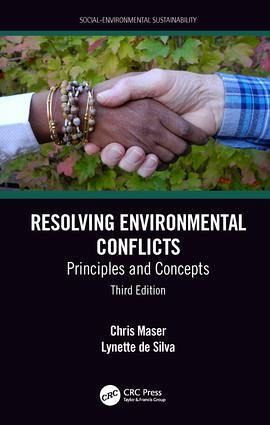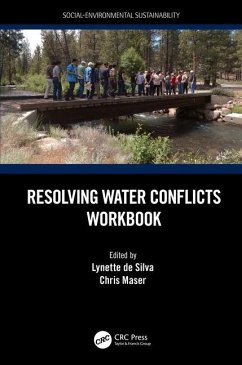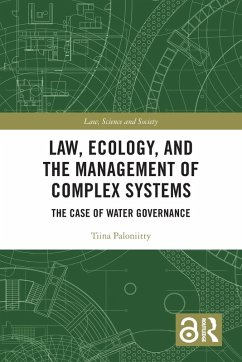Chris Maser spent over 25 years as a research scientist in natural history and ecology in forest, desert, coastal, and agricultural settings. He has lived, worked, consulted, resolved environmental conflicts, and/or lectured in US and in Austria, Canada, Chile, Egypt, France, Germany, Japan, Malaysia, Mexico, Nepal, Slovakia, Switzerland. Today he is an independent author as well as an international lecturer, facilitator in resolving environmental conflicts, vision statements, and sustainable community development. He is also an international consultant in forest ecology and sustainable forestry practices. He has written over 290 publications, including 40 books authored and coauthored in the last 20 years. Lynette de Silva directs the Program in Water Conflict Management and Transformation at Oregon State University. She teaches courses in water conflict management; and water resources management; and has acted as a consultant to UNESCO, offering training to senior water professionals. Over the past 20 years, she has worked in areas emphasizing water resources and land management practices.















